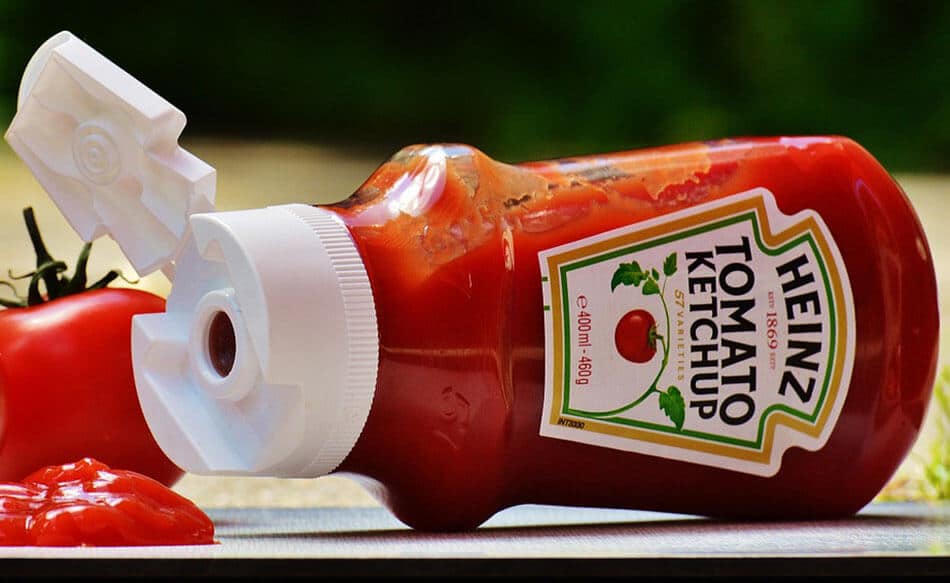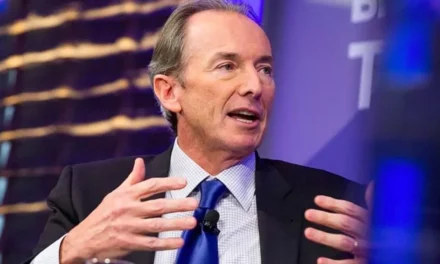A cost-conscious strategy, zero-based budgeting revolves around monitoring and justifying every material and expense used per production period. The method starts with a “zero-base” and requires the analysis of the needs of every organization function and its cost counterpart. Upon analyzing, the company gives the budget for the upcoming period regardless of whether the new budget is higher or lower than the previous one. With his tedious process, this budgeting method can be time-consuming. However, using zero-based budgeting can lower the cost and expenses by focusing on the most necessary part of the organization.
With these aspects, 3G Capital, Brazil’s buyout fund company, employs the method in the new corporation, Kraft-Heinz. Kraft and Heinz, both food processing companies, was merged into one big corporation deal by 3G Capital. Together with Warren Buffet’s Berkshire Hathaway Inc., they share more than half of the stock in the corporation.
3G Capital aims to fight high transportation and company costs and slow growth of the company by employing the zero-based budgeting method.
However, according to analysts, the efficacy of the strategy is questionable since the company dropped the highest shares in the history of Kraft-Heinz Co. JP Morgan analyst said that the “cost-cutting strategy might cause a write-down in the company.”
The analyst also added that the theory came in the “form of $15 billion loss of intangible asset write-down for Kraft and Oscar Mayer brands. The cost-cutting model caused the value erosion in Kraft cheese product and deli meats of Oscar Mayer.
The company experienced a $15 billion loss in assets. The shares dropped by 28 percent, which led to a decrease of $17 billion in market value.
The margins before interest and taxes also dropped from 27.2 to 23.2 percent from 2015, since the company started, to 2018.
However, rival food processing companies like General Mills, Conagra Brands Inc, Unilever and Nestle SA shares also dropped but only between 1 to 3 percent.
The goal-oriented nature of the zero-based budgeting method makes it harder to maintain throughout the years.
Lauren Grandet, another analyst from Guggenheim Partners’, said that the 3G Capital’s model is “deal-making and synergy realization dependent.” She also added that the strategy would not work unless “sales growth won’t come.”
A change in customers’ preference affected the growth of Kraft’s revenue. The shift of customers to relatively new products, non-processed and organic products stops the growth of Kraft’s company in the corporation.
Kraft-Heinz products like Jell-O gelatin dessert and Velveeta processed cheese experienced a loss of 36 percent in its cash dividend in one quarter. With this loss, the US government investigates different policies of the company regarding this loss.
Un-Balanced Budgets
The write-down loss, shares dropped, and loss of market value accounts for the incorrect utilization of the budgeting strategy. Moreover, this can be considered to be a problem in the accounting division of the company. Robert Moskow, an analyst from Credit Suisse, reported that the loss of Kraft and Oscar Mayer explains the “distinct balance sheet problems of a company.” The analyst also added that this loss is not a “reset and everything will be alright” situation where the company can bounce back after a significant loss.
According to MarketAxess, the news regarding Kraft-Heinz loss reached their bond investors, which also result in a drop of bonds. The investors compensate Kraft-Heinz company by premium demanded or spreading on their shares.
The enormous loss of the Kraft-Heinz company explains the importance of proper budgeting methods or strategies. Different aspects of the company must be taken into consideration before shifting from traditional budgeting to other budgeting methods.















